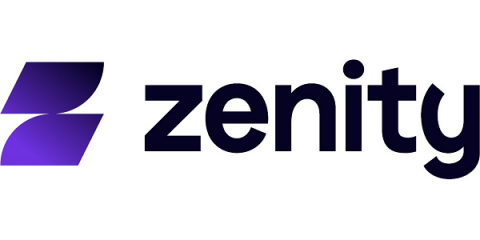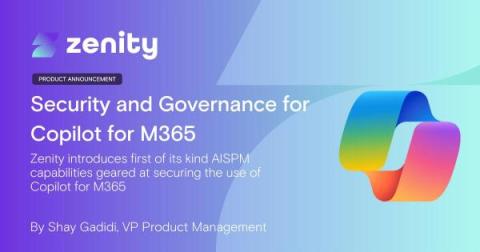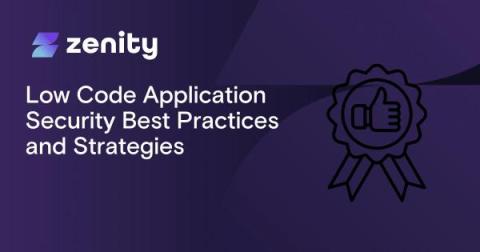Empowering Governance in AI-Driven Citizen Development
AI is at the heart of technology democratization. As AI tools become more accessible, individuals and organizations have begun to utilize AI copilots to build their own apps, automations and increase productivity in their jobs. This transformation has come to be known as the next evolution of low-code and no-code development. This development promises to accelerate innovation, enhance productivity, and solve complex problems more efficiently than ever before.








